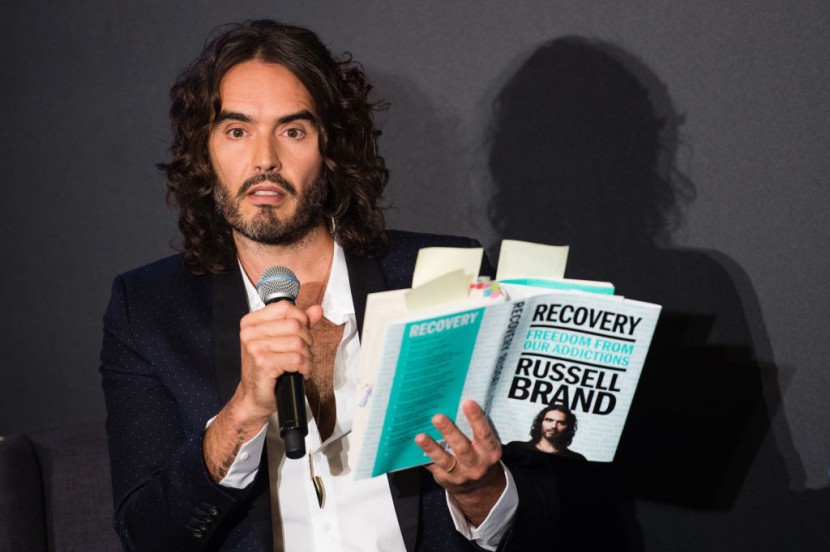
In an exclusive interview with 'CBS Mornings,' YouTube CEO Neal Mohan defended the platform's recent decision to suspend monetization of comedian Russell Brand's channel following sexual assault and emotional abuse allegations against him.
The move has ignited a discussion about the role of online platforms in addressing off-platform behavior, as per the Daily Mail.
YouTube's Decision on Russell Brand Sparks Debate on Off-Platform Behavior
It raises questions about when actions are taken before due process occurs. YouTube suspended Brand's ability to earn money from his online videos after multiple women accused him of rape, sexual assault, and abuse, allegations that he vehemently denies.
CEO Neal Mohan, who assumed his role earlier this year, explained that the decision was made following YouTube's creator responsibility guidelines policy.
"If creators have off-platform behavior, or there's off-platform news that could damage the broader creator ecosystem, you can be suspended from our monetization program," Mohan stated.
He emphasized that these rules apply uniformly across the platform, focusing on content and behavior rather than the creator's identity. One pressing question arising from YouTube's decision is when it is appropriate for the platform to take action before legal proceedings.
Mohan clarified that YouTube endeavors to consistently apply its rules across its entire creator ecosystem, emphasizing that favoritism does not play a role in their enforcement. Notably, no charges have been filed, and no legal determinations related to the allegations against Russell Brand have been made.
Russell Brand has been accused by multiple women of rape, sexual assault, and emotional abuse, with these allegations spanning the years during his rapid rise to fame between the late 2000s and 2013. The allegations came to the forefront in a Channel 4 Dispatches documentary, where Brand faced accusations from four women.
These claims were also detailed in articles by The Times and the Sunday Times. One victim, who chose to remain anonymous, recently came forward with additional allegations related to an incident in 2008.
She claimed that she felt vulnerable and intimidated during an encounter with Brand in his car, alleging that he engaged in non-consensual sexual activity. However, she noted that there was a fine line between coercion and consent, according to CBS News
Russell Brand Sexual Assault Controversy
Another alleged victim described an incident where Brand pinned her down and kissed her, despite her protests, during a meeting at the Soho Theatre in London. Amidst these allegations, a formal complaint of sexual assault was filed with the Metropolitan Police against Brand, making the complainant his fifth alleged victim to come forward.
The complaint relates to a incident in Soho, central London, in 2003. While Brand has denied all these allegations, these developments have raised concerns about his conduct and the need for a thorough investigation. YouTube's suspension of Russell Brand's monetization has prompted discussions about the platform's policies and its responsibility regarding off-platform behavior.
The decision raises complex questions about the intersection of free speech, due process, and the power of online platforms to influence public perception. As the situation unfolds, the tech giant faces the challenge of balancing protecting its community and respecting the principles of justice and fairness.
The controversy surrounding Russell Brand highlights the evolving role of online platforms in addressing real-world issues and their ability to shape public discourse on important matters, Mirror reported.
Related Article : UK Deputy Prime Minister Warns AI Development Too Fast








